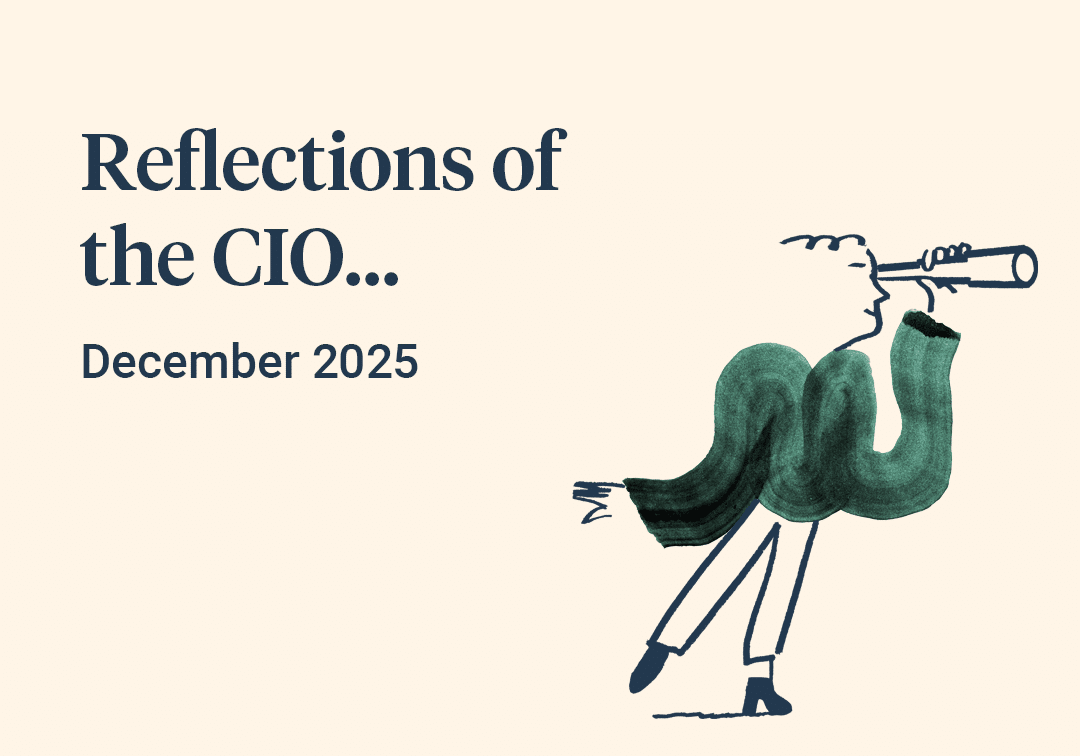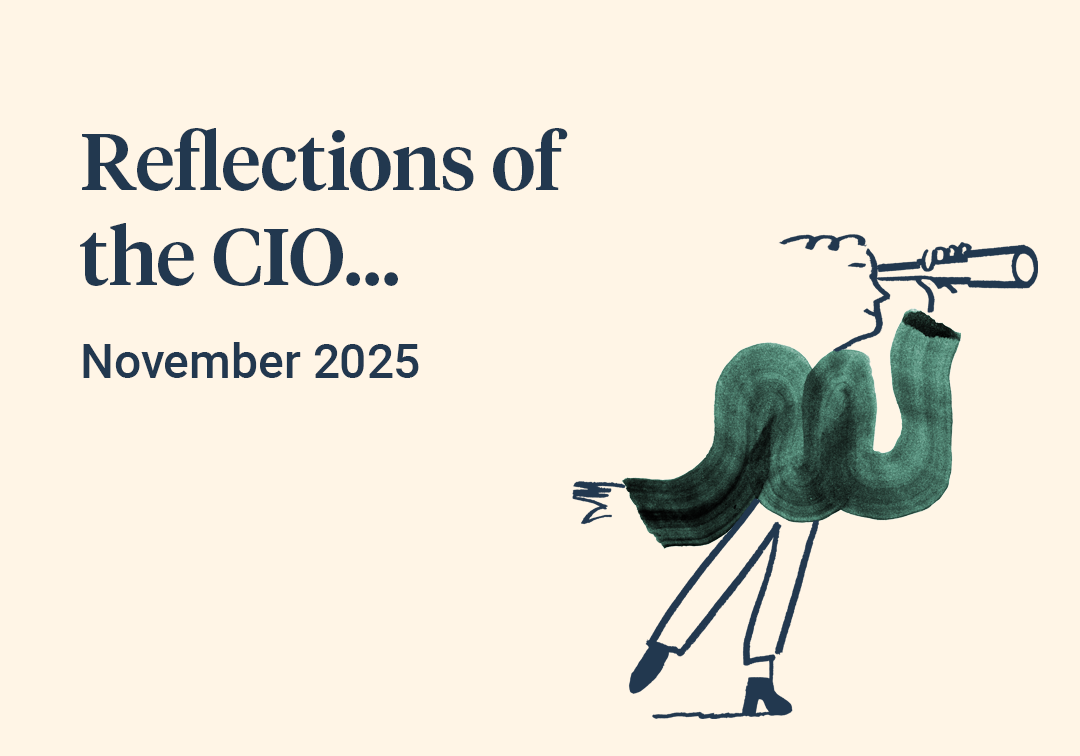April was another month of puzzling market performance. Another large bank failure combined with an unexpected spike in oil prices would usually combine to raise volatility (or risk aversion) across asset classes, but for this month at least, that did not happen. In fact, the opposite occurred, with volatility falling across stock, bond and foreign exchange markets in a co-ordinated manner. Whilst the bond markets still look unsettled, stock markets look positively relaxed given the build up of adverse top down headlines. The view from 100,000 feet up remains one of calm, whilst at ground level major swings and shifts are taking place. In this tricky environment we continue to feel that portfolio risk-taking should err on the side of caution, until the direction of key trends in growth, inflation and interest rates become easier to predict.
The month began with a 6% spike in the oil price, driven by surprise production cuts from OPEC. The moves were seen as part of ongoing changes in the geopolitical landscape – a ‘Saudi first’ approach – which adds to the complexity of the multiple geopolitical risks investors are currently trying to price. And yet, the market reaction to this price spike and its implications for inflation, was one of indifference. On the same day as the OPEC announcement investors were much more interested in soft manufacturing data, judging that the downward pressure on oil prices from slowing demand would more than offset the upward pressure from production cuts. Whilst there is sound logic to this view, investors also simultaneously struggled with the fact that the ongoing earnings season was providing little evidence of a slowdown in corporate profits, whatever the economic data was implying. The day of reckoning, when a recession arrives and brings a profits crunch with it, might indeed be coming, but it isn’t here yet and in the interim stock markets prefer to remain optimistic, in stark contrast to their bond market cousins who increasingly price in a pessimistic view.



